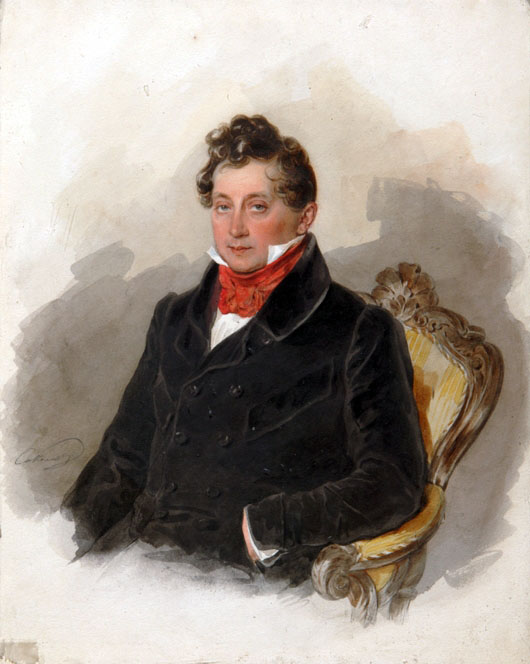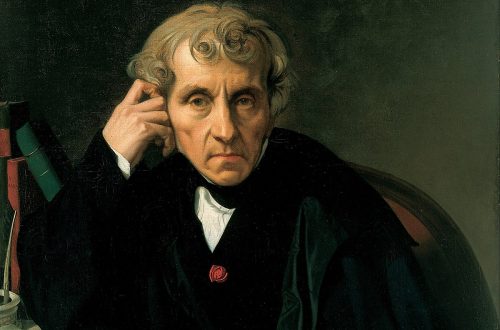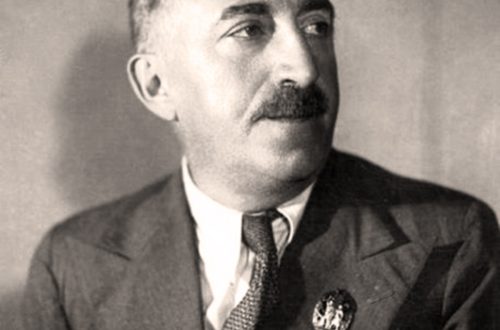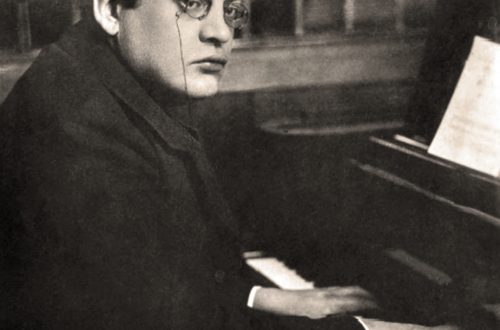
Mikhail Yuryevich Vielgorsky |
Mikhail Vielgorsky
M. Vielgorsky is a contemporary of M. Glinka, an outstanding musical figure and composer of the first half of the XNUMXth century. The largest events in the musical life of Russia are associated with his name.
Vielgorsky was the son of a Polish envoy to the court of Catherine II, who in the Russian service had the rank of real privy councillor. Already in childhood, he showed outstanding musical abilities: he played the violin well, tried to compose. Vielgorsky received a versatile musical education, he studied music theory and harmony with V. Martin-i-Soler, composition with Taubert. In the Vielgorsky family, music was revered in a special way. Back in 1804, when the whole family lived in Riga, Vielgorsky took part in home quartet evenings: the first violin part was played by his father, viola by Mikhail Yuryevich, and the cello part by his brother, Matvey Yuryevich Vielgorsky, an outstanding performing musician. Not limited to the acquired knowledge, Vielgorsky continued his studies in composition in Paris with L. Cherubini, a well-known composer and theorist.
Experiencing great interest in everything new, Vielgorsky met L. Beethoven in Vienna and was among the first eight listeners at the performance of the “Pastoral” symphony. Throughout his life he remained an ardent admirer of the German composer. Peru Mikhail Yuryevich Vielgorsky owns the opera “Gypsies” on a plot related to the events of the Patriotic War of 1812 (libre. V. Zhukovsky and V. Sologub), he was one of the first in Russia to master large sonata-symphonic foams, writing 2 symphonies (First was performed in 1825 in Moscow), string quartet, two overtures. He also created Variations for cello and orchestra, pieces for pianoforte, romances, vocal ensembles, as well as a number of choral compositions. Vielgorsky’s romances were very popular. One of his romances was willingly performed by Glinka. “From someone else’s music, he sang only one thing – the romance of Count Mikhail Yuryevich Vielgorsky “I Loved”: but he sang this sweet romance with the same enthusiasm, with the same passion as the most passionate melodies in his romances,” A. Serov recalled.
Wherever Vielgorsky lives, his house always becomes a kind of musical center. True connoisseurs of music gathered here, many compositions were performed for the first time. In the house of Vielgorsky F. Liszt for the first time played from sight (according to the score) “Ruslan and Lyudmila” by Glinka. The poet D. Venevitinov called the Vielgorsky house “an academy of musical taste”, G. Berlioz, who came to Russia, “a small temple of fine arts”, Serov – “the best shelter for all the musical celebrities of our time.”
In 1813, Vielgorsky secretly married Louise Karlovna Biron, the maid of honor of Empress Maria. By this, he brought disgrace on himself and was forced to leave for his estate Luizino in the Kursk province. It was here, away from the life of the capital, that Vielgorsky managed to attract many musicians. In the 20s. 7 of Beethoven’s symphonies were performed on his estate. In each concert “a symphony and a ‘fashionable’ overture were performed, amateur neighbors participated … Mikhail Yuryevich Vielgorsky also performed as a singer, performing not only his romances, but also opera arias from Western classics.” Vielgorsky highly appreciated Glinka’s music. The opera “Ivan Susanin” he considered a masterpiece. With regard to Ruslan and Lyudmila, he did not agree with Glinka in everything. In particular, he was angry that the only part of the tenor in the opera was given to a hundred-year-old man. Vielgorsky supported many progressive figures in Russia. So, in 1838, together with Zhukovsky, he organized a lottery, the proceeds from which went to ransom the poet T. Shevchenko from serfdom.
L. Kozhevnikova





